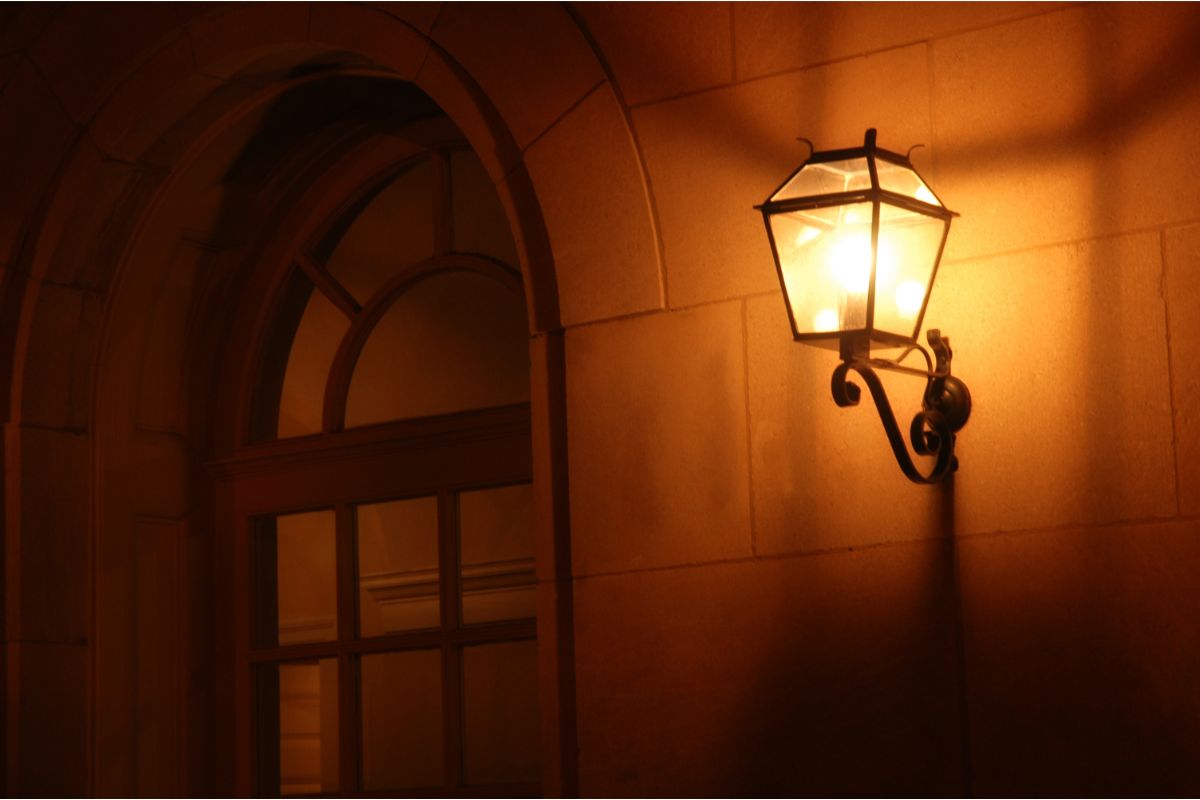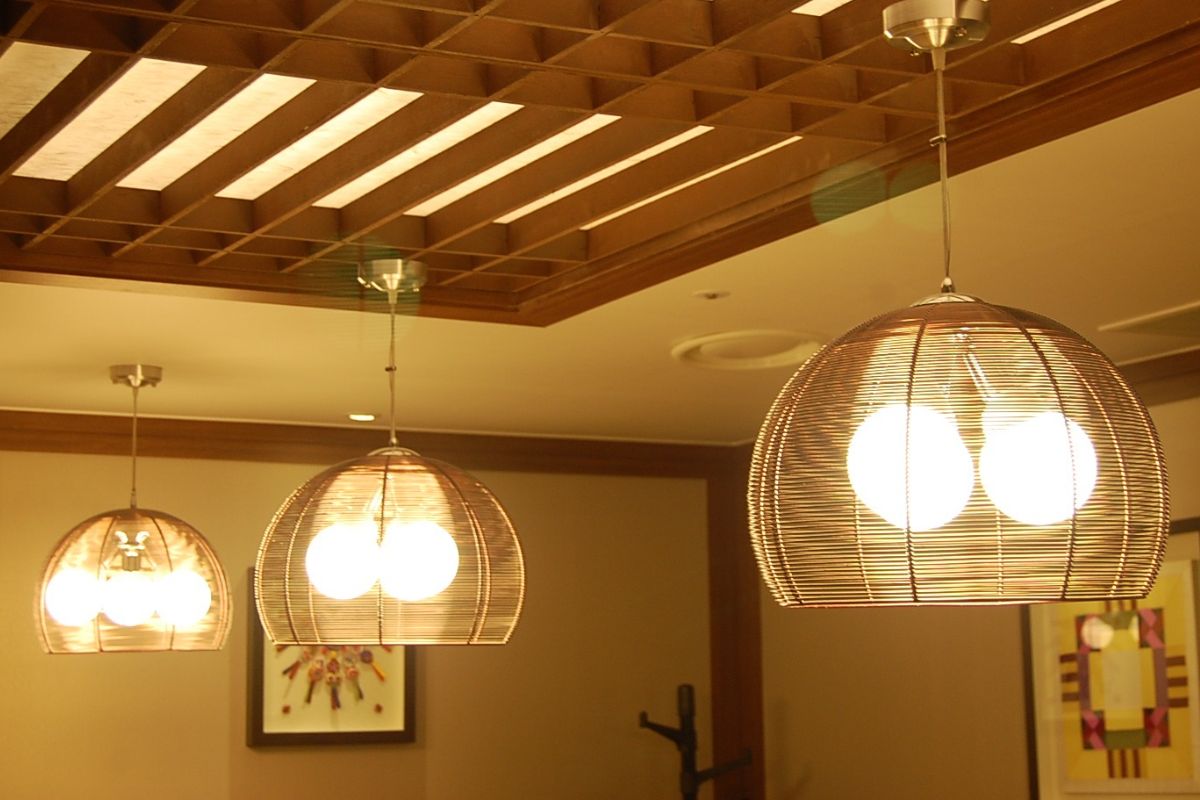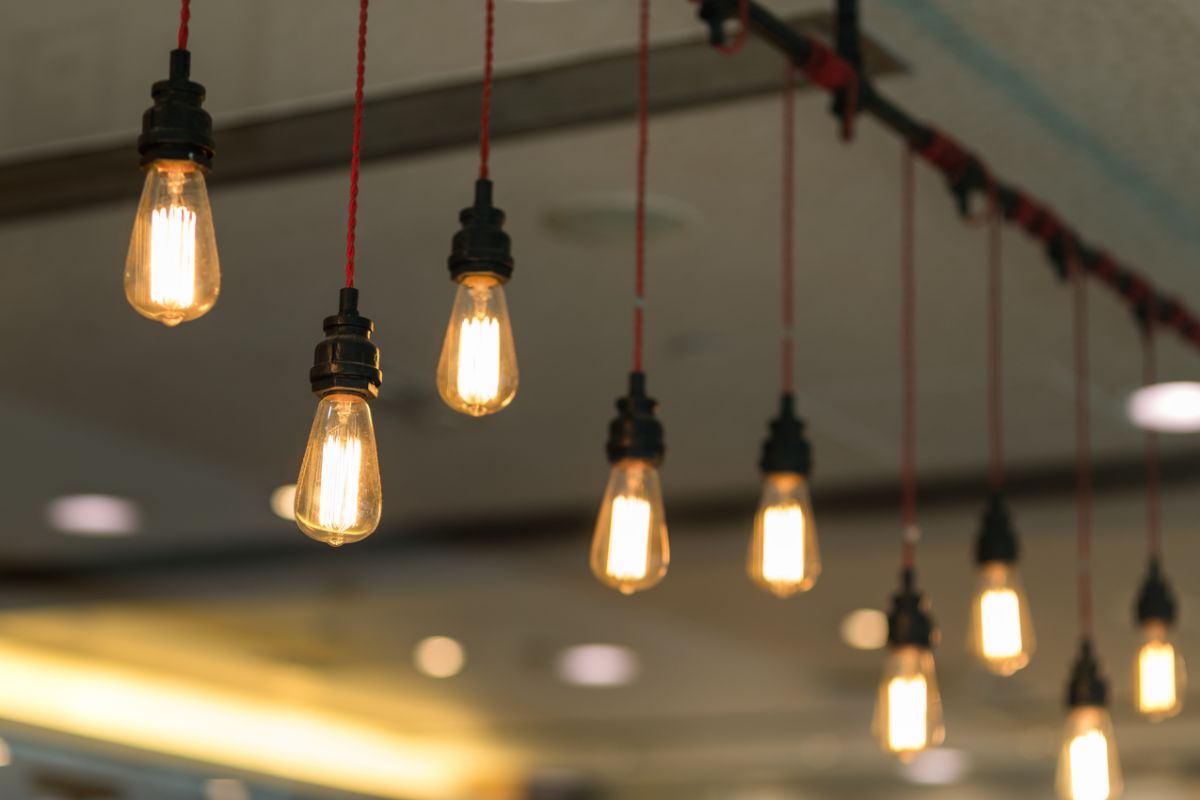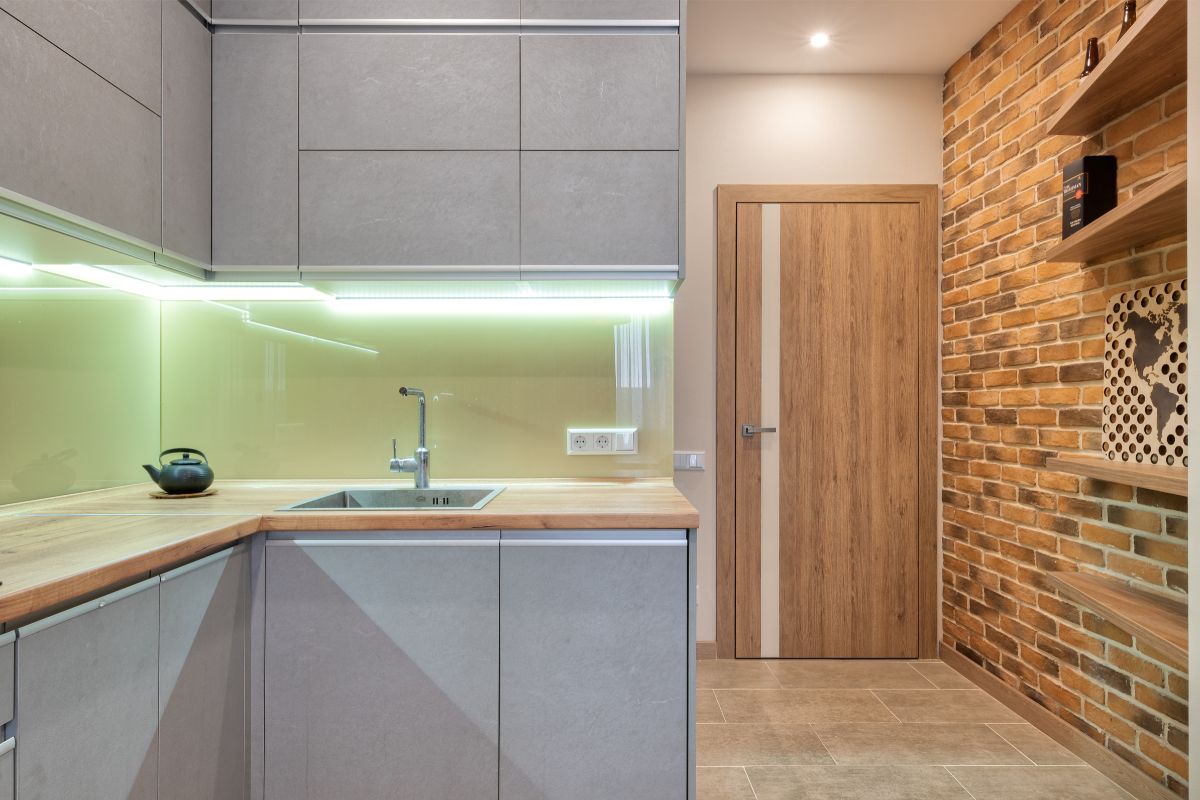Generators help us out of countless tight spots, but, ironically, you should never use them in actual tight spots.
These bits of gear are often the difference between life and death, and not just because they have the capacity to save lives, but because they also have the capacity to end them. You should never use a generator indoors.

In fact, their carbon monoxide emissions are so deadly that you also need to take precautions when using them outdoors. If you’re using a generator outside of your house, for instance, it needs to be stationed well away from the structure.
The question is… how far away from a house is a safe operating distance? The quick answer is that it depends. Read on for some specifics.
Why Should You Station Your Generator Away From Your House?
CO emissions don’t just go straight up and away into the atmosphere after leaving your generator; on low wind days, they build up into an invisible smog that can easily infiltrate your home if it’s too close by, especially if there are any significant entry points such as open windows or doors.
How Far Should A Portable Generator Be From The House?
Distancing recommendations may differ from unit to unit and manufacturer to manufacturer, but, generally speaking, 20 feet is considered the baseline for safe operation of a portable generator.
So, take advantage of that portability by walking it a little further from your facade or siding. Advice doesn’t change when the generator is running under a shelter. It must be at least 20 feet away with the exhaust pointing away from your home.
If you want to play it really safe, increase the distance to 30 feet and ensure all windows and doors are closed.
How Far Should A Standby Generator Be From The House?
Standby generators are a different kettle of fish. As static units, they need to be installed a safe distance from the house. Altering the position after the fact can be an expensive undertaking.
Again, safe distance protocols differ from unit to unit and manufacturer to manufacturer, but most local permit and zoning requirements stipulate that they must be placed between 5 and 10 feet from the structure, and speaking of permits and zoning requirements…
Local Permits & Zoning Requirements
The local zoning requirements are another authority to consider when it comes to generator distancing, so you should never use a portable or standby generator before taking a look at these laws.
If the minimum distance given by the zoning legislation is greater than the distance suggested by the manufacturer, you have to acknowledge the legislation. And if the manufacturer’s suggestion is greater than the one given by local legislation, you should take the manufacturer’s advice.
Simply put, always follow whichever authority suggests the greatest distance. Most local zoning regulations will only apply to standby generators, but there may well be some rules concerning the use of portable generators as well, so no matter what kind of generator you plan on using, checking local laws is a must!
With the exception, of course, being battery power stations. These devices don’t give off any emissions as they run entirely on battery power, so they can be used as close to your home as you like, or even inside your home if that’s what you need.
What If My Home Is An RV?

Generators and RVs go together like peanut butter and jelly. They allow you to take some home comforts with you when you hit the road, which can make your trip a whole lot easier and more enjoyable, but all the same safety concerns still apply to generators used with an RV or camper.
How Far Should A Generator Be From The RV?
There aren’t any laws surrounding the distance of generators from RVs, so the onus falls on you to ensure the safety of you and your co-campers. My advice is to always follow the manufacturer’s recommendation when local zoning laws don’t apply.
Unless, of course, you’re parked up in a campground. When you’re staying at a communal campground, there may well be local laws to follow, and if there aren’t, you’ll have to follow the rules set out by the owners of the ground as well as stick to the manufacturer’s advice.
These rules don’t just pertain to generator-to-RV distance, but time-of-use, and sometimes running volume in general. In some instances, when the grounds are particularly busy, there simply won’t be a safe zone to use your generator, as it will always be too close to other RVs and campers.
If there is room to operate your generator near your RV on the campground, be sure to set it up with the exhaust facing away from both your and other people’s RVs.
Not only will this reduce the chances of air contamination, it will reduce invasive noise pollution, ensuring you don’t earn the ire of your temporary neighbors.
What If My RV Has An Integrated Generator?
Should your RV contain an integrated generator, you obviously have no say in the location of operation, but there are measures you can take to ensure your safety.
Always, always close all entry points when you fire up your integrated generator, and if you don’t already have a CO detector, don’t run it until you do — It could very well save your life!
What If I’m Boondocking?
Again, with minimal local laws surrounding the use of generators around RVs, you should simply follow the manufacturer’s recommendation to keep the air within your vehicle nice and clean.
Final Thoughts
Safety should always be your number priority when using generators. They give with one hand, but can easily take away with the other if you don’t have your wits about you.
Never, ever fire a generator up inside your house, and when using one outside your home, consult local authorities about distancing laws, and check out the manufacturer’s recommendation as well.
Whichever suggests the greatest distance is the distance you should use to keep you and your family safe and sound when generators are required.



